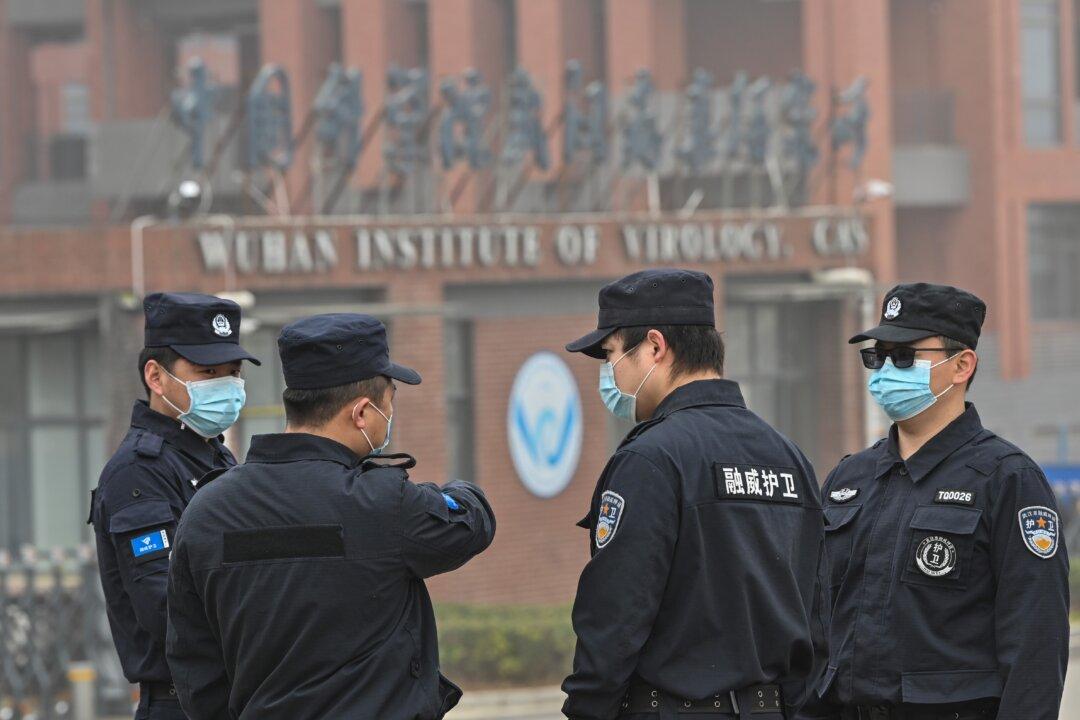The U.S.-based group that funneled taxpayer money to the laboratory in Wuhan, China, where the first COVID-19 cases were detected, may have double-billed the U.S. government, an investigative team has found.
A team led by Diane Cutler, a former federal investigator, uncovered evidence of potential double billing by the EcoHealth Alliance, a New York organization that funneled money to the Wuhan Institute of Virology.





